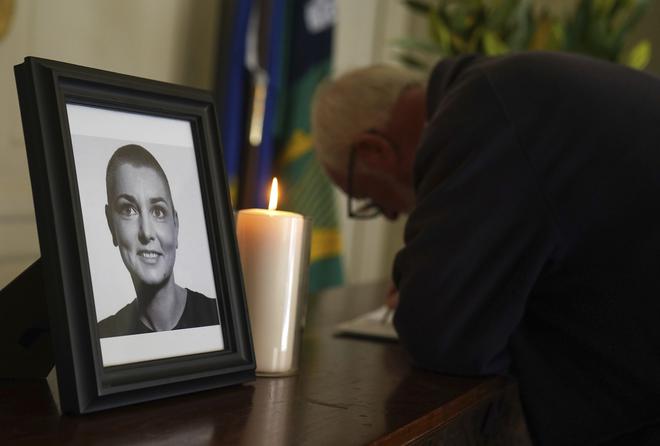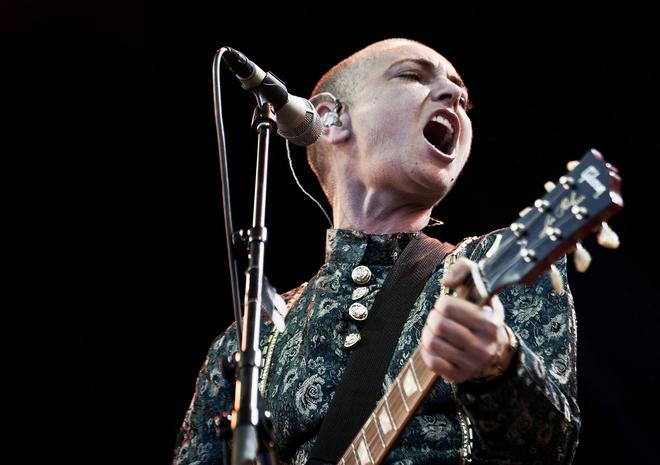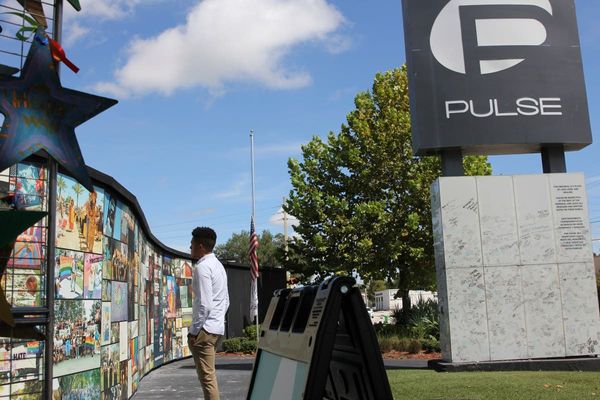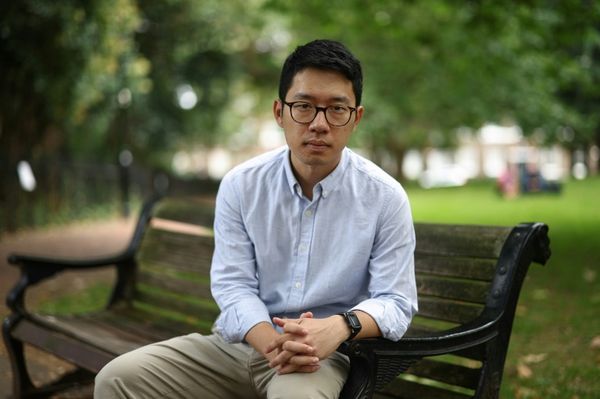Sinéad O’Connor (or Shuhada Sadaqat, the name she chose for herself a few years ago) died last week. Her death affected many of us — some were sad, some mourned, one friend who’d closely followed her career since the late 1980s was almost inconsolable. And as we shared memories or thoughts, one thing became clear: none of us received her in exactly the same way.
For most of us, she was the singer of one of the most gut-wrenching songs of loss in pop music. ‘Nothing Compares 2 U’ is a classic example of when less is more (and enough): the music is spare, giving her ethereal voice the space to dip and soar; the video focuses on her face, elfin and expressive (the scorn when she repeats what the doctor told her to do!), powerful enough to fill the frame all the time she’s singing yet vulnerable enough to let two (reportedly unscripted) teardrops roll down her cheeks.
But she was far more than a singer of hit songs; in fact she was far more than a singer. As has been well chronicled, she was an activist, a protester, a human being with courage and a conscience who put her career on the line with almost every move, especially in the early days. Whether it was her choice of clothing — the shapeless shifts, the ripped jeans — or her buzz-cut hair, her tearing up of the Pope’s image on Saturday Night Live (while chanting “fight the real enemy”), or her speaking out on child abuse (and her belief that the Church condoned it) way before the issue entered the mainstream discourse... she spoke her mind, damn the consequences. And in Ireland in the 1990s, there would be consequences. At times it felt that fame and celebrity, the trappings of success, were mere inconveniences in her desire to be “normal”.
‘Acts of humanity and normalness’
And she did try to be normal (or whatever passes for normal in the 21st century). After her passing, there have been so many stories of her acts of humanity and “normalness”. One is from 1991, the height of her fame, when she spent a week with a terminally ill fan and stayed in touch with her till her death the next year. (No surprise, then, that one of the two names she chose for herself many years later, Sadaqat, relates to acts of charity.)
Another is from last year, when she sat down for an impromptu cup of tea — out in the open, in the cold — with the actor Russell Crowe and his friends. “In a conversation without fences,” Crowe posted, “we roamed through the recent Dublin heatwave, local politics, American politics, the ongoing fight for indigenous recognition in many places”… conversations that you and I can imagine having with our friends at our neighbourhood café.

Just like us, she had anxieties, suffered from loneliness — she could, she said, “be lonely in a crowded room” — and her fear of open spaces meant she tended to stay at home and avoid the outside. But, perhaps in keeping with her contrarian, or unpredictable, nature, she always had her faith (or as she called it, “knowledge”).
Finding her faith
Always interested in theology, she began reading the scriptures at a young age and though she railed against the Church, Christianity was never far from her. I still remember a tribute album to Princess Diana on her death in 1997; it had a lot of the usual “inspirational” pop/rock songs of the time, such as ‘Streets of Philadelphia’ and ‘Everybody Hurts’, but the one that took my breath away was O’Connor’s typically spare rendition of the hymn ‘Make me a channel of your peace’ (also known as the ‘Prayer of St Francis’). After her passing, I discovered she had also sung ‘I don’t know how to love him’, Mary Magdalene’s love song from Jesus Christ Superstar; an unusual choice for O’Connor but fitting for a singer with conflicted thoughts on her birth religion.

Late in life she turned to Islam, having saved it for the last among the religions she studied “because I had a ton of prejudice about Islam”. Once she started reading (or listening to) the Koran, she felt like she “was home”. It’s heartening to think that she found that peace in life, after all the pain, illness, rejection, controversy and, most recently, the death of her son.
She leaves us as an original, defying conventions, defying labels and boxes, defying herself, it seems; her legacy is the realisation that one can be a star, in the fullest sense of the word, and yet live that life with integrity and courage — the courage of one’s convictions.
The writer is a journalist living in Bengaluru.







